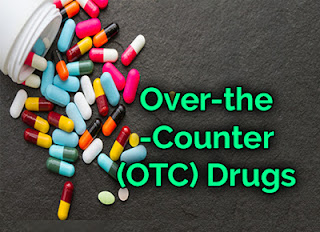Antibiotics explicitly treat bacterial infections like Staphylococcus
and E. Coli. and either kill (bactericidal) bacteria or prevent them from
reproducing and growing (bacteriostatic). Antibiotics do not work against any
infection of viruses. Antibiotics are
unique to the type of bacteria being treated. Normally, with few side effects,
antibiotics are effective when used correctly.
Like most medications, however, antibiotics can lead to side
effects ranging from being a nuisance to being serious and life-threatening. It
maybe appropriate to change antibiotic doses in infants and the elderly, in
patients with renal or liver disease, in pregnant or breastfeeding women and in
many other classes of patients.
There are some tips that are associated with the use of
Antibiotics:
1. Always take an antibiotic for the condition for which it
is prescribed.
2. Take Antibiotics as prescribed or directed by doctor
or pharmacists.
3. Some antibiotics may interact with food or other drugs or
may make you more sensitive to sunlight or cause dizziness. If you are unaware
of such experiences, consult your pharmacist.
4. Take an antibiotic until it's all gone.
5. Never take expired antibiotics
6. Don’t give antibiotics to others unknowingly just by
seeing similar symptoms.
















